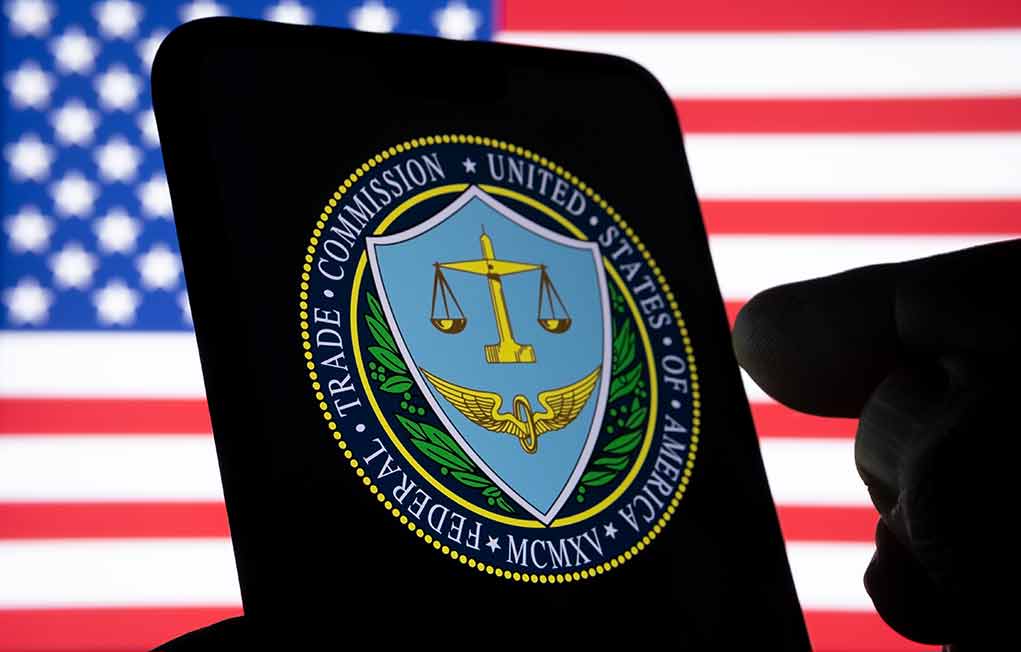
Walmart paid $10 million to the FTC after allegedly pocketing millions in fees while knowingly allowing scammers to exploit its money transfer services, defrauding countless innocent consumers who lost their hard-earned money with no recourse.
Key Takeaways
- Walmart agreed to pay $10 million to settle an FTC lawsuit alleging the retail giant allowed scammers to exploit its in-store money transfer services from 2013 to 2018.
- The FTC’s complaint identified over $197 million in fraud-related payments processed through Walmart, with potential connections to over $1.3 billion in malicious activities.
- While settling the case, Walmart did not admit wrongdoing but is now prohibited from offering money transfer services without implementing proper fraud prevention measures.
- The settlement follows allegations that Walmart earned millions in fees while turning a blind eye to fraudsters using services like MoneyGram, Western Union, and Ria to defraud consumers.
- The case highlights how electronic money transfers have become one of the most common methods scammers use to steal money from unsuspecting victims.
Walmart’s Money Transfer Scheme Exposed
The Federal Trade Commission has reached a $10 million settlement with Walmart over allegations that the retail giant facilitated money transfer scams through its in-store services. The lawsuit, filed in June 2022 in the Northern District Court of Illinois Eastern Division, accused Walmart of knowingly allowing fraudsters to exploit its money transfer services including MoneyGram, Western Union, and Ria from 2013 to 2018. According to the FTC, Walmart processed suspicious transactions and permitted large cash pickups that enabled both domestic and international scam networks to flourish while the company profited from transaction fees.
The scale of the fraud is staggering. The FTC’s complaint highlighted over $197 million in fraud-related payments processed through Walmart, with potential connections to more than $1.3 billion in malicious activities. Walmart, which handles millions of money transfers annually as part of its financial services portfolio, allegedly failed to implement adequate safeguards to protect consumers from these scams. The settlement now prohibits Walmart from offering money transfer services unless it implements comprehensive fraud prevention measures to protect customers.
Government Officials Condemn Walmart’s Actions
Federal officials have been blunt in their assessment of Walmart’s conduct. The retailer has been accused of prioritizing profits over consumer protection, allowing scammers to operate freely through its money transfer services. This behavior drew sharp criticism from consumer protection officials who emphasized the permanent nature of money transfer fraud – once the money is sent, it’s virtually impossible for victims to recover their funds. The impact on consumers has been devastating, with many people losing significant amounts of money to scammers who convinced them to transfer funds under false pretenses.
“Walmart looked the other way and pocketed millions in fees,” said Samuel Levine, Director of the FTC’s Bureau of Consumer Protection.
The FTC’s lawsuit claimed Walmart was fully aware that scammers were inducing people to use the company’s money transfer services to send funds to fraud operations both within the United States and internationally. Despite this knowledge, the company allegedly continued processing these transactions without adequate safeguards or monitoring systems in place. The Commission’s investigation revealed a pattern of negligence that allowed fraudulent activities to continue unimpeded for years, with Walmart collecting fees from every transaction regardless of its legitimacy.
Walmart’s Response and Settlement Terms
Despite agreeing to the $10 million settlement, Walmart has not admitted to any wrongdoing in the case. The company’s official response attempts to distance itself from culpability while expressing alignment with consumer protection goals. However, the settlement terms are clear: Walmart must implement comprehensive fraud prevention measures before continuing to offer money transfer services. This requirement acknowledges the serious nature of the allegations and the need for significant changes to protect consumers from similar scams in the future.
“We’re pleased to have this matter behind us. While it is clear in the agreement that we do not admit fault, we share in the FTC’s goal to protect consumers from fraudsters and continue to be dedicated to safeguarding consumers from fraud-induced money transfers,” said a Walmart spokesperson.
The settlement represents a significant development in holding large corporations accountable for their role in facilitating fraud. The FTC’s action against Walmart demonstrates the government’s commitment to protecting consumers from financial scams, particularly those that target vulnerable individuals. Consumer advocates have long warned about the dangers of electronic money transfers, which provide scammers with an irreversible method of stealing funds. The Walmart case serves as a powerful reminder that companies providing financial services have a responsibility to implement robust fraud prevention measures and actively monitor for suspicious activities.
“Electronic money transfers are one of the most common ways that scammers tell consumers to send them money, because once it’s sent, it’s gone for good,” said Christopher Mufarrige, Director of the FTC’s Bureau of Consumer Protection.
















